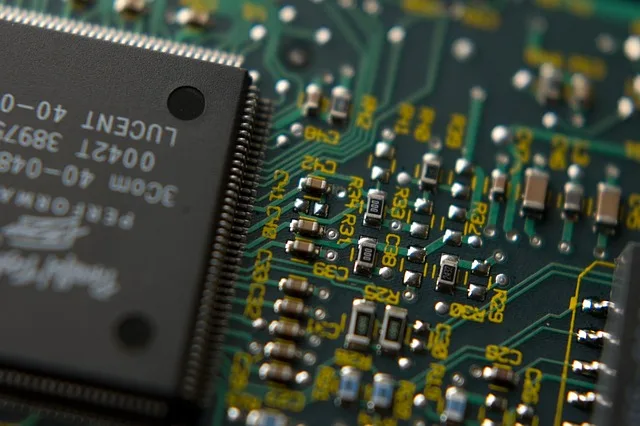India’s quest for self-sufficiency in Chip Manufacturing has taken a significant step forward with the announcement of a joint venture between the Tata Group and Taiwan’s Powerchip Semiconductor Manufacturing Corporation (PSMC). This collaboration promises to deliver the country’s first indigenous semiconductor chip by 2026, marking a turning point in the “Atmanirbhar Bharat” (Self-reliant India) initiative.
The Challenge and the Opportunity
Semiconductors, the tiny engines powering modern electronics, are currently heavily imported by India. This dependence exposes the nation to supply chain vulnerabilities and hinders its technological ambitions. Recognizing this challenge, the Indian government has prioritized domestic chip production through initiatives like the Semicon India program. The Tata-PSMC partnership presents a crucial opportunity to bridge this gap and propel India towards chip-making self-reliance.
A Strategic Alliance with Phased Approach
The joint venture, estimated to cost $11 billion, will benefit from substantial government support. Central and state governments are expected to subsidize up to 70% of the project’s cost. This financial backing reflects the government’s commitment to fostering a domestic chip industry.
The initial focus will be on producing 28-nanometer (nm) chips, catering to India’s immediate needs. This strategic decision aligns with PSMC’s expertise in technology transfer for such chips. However, the venture has its sights set on the future, with plans to gradually progress towards more advanced 22nm technology.
Building a Skilled Workforce: A Long-Term Play
Beyond technology transfer, the partnership recognizes the importance of building a skilled workforce. PSMC has emphasized training Indian engineers in Taiwan to manage the upcoming fabrication facility (fab). This focus on human capital development underlines the long-term vision of the project.
A Stepping Stone for a Semiconductor Hub
PSMC Chairman Frank Huang views this collaboration as a stepping stone for India’s growth in chip manufacturing. He anticipates this venture paving the way for future fabs and propelling India’s position in the global semiconductor landscape. This ambition resonates with Prime Minister Narendra Modi’s recent announcement of groundbreaking ceremonies for three semiconductor facilities across India, including the Tata-PSMC venture in Dholera, Gujarat. The other two facilities include a separate Tata Group fab in Assam and a CG Power factory in Gujarat.
A Milestone with Broader Implications
The Tata-PSMC partnership marks a significant milestone in India’s chip-making journey. This strategic alliance not only holds the potential to fulfill domestic chip needs but also positions India as a potential future player in the global semiconductor market. The success of this venture will depend on navigating complexities like intellectual property rights and fostering a competitive domestic ecosystem. However, with substantial government backing, strategic partnerships, and a focus on talent development, India’s chip-making dream has a clear timeline and a renewed sense of purpose.


